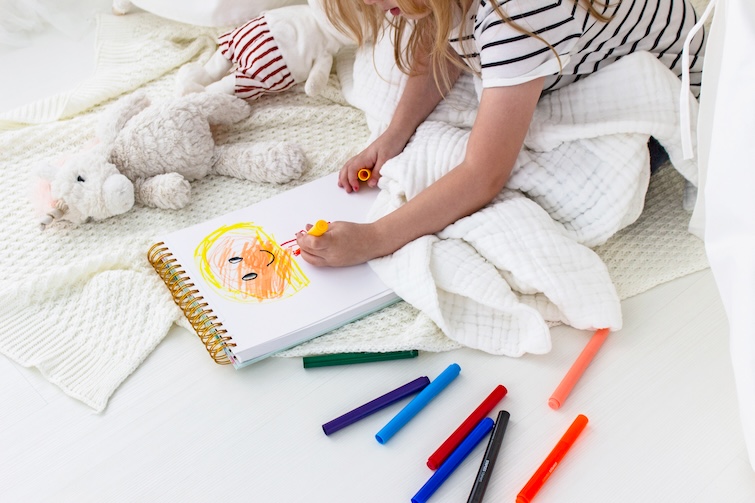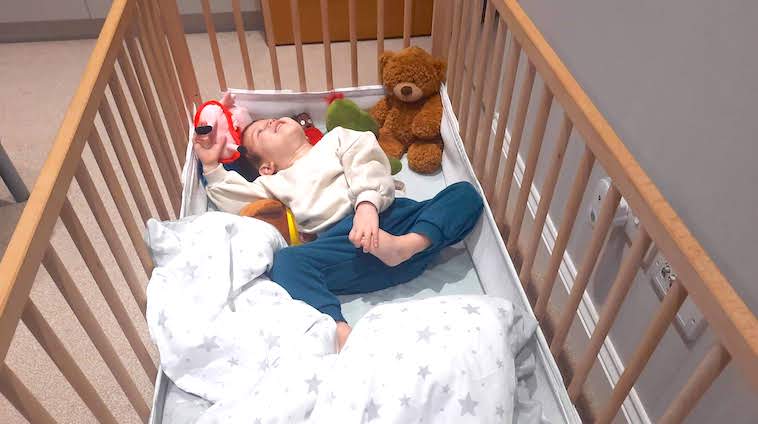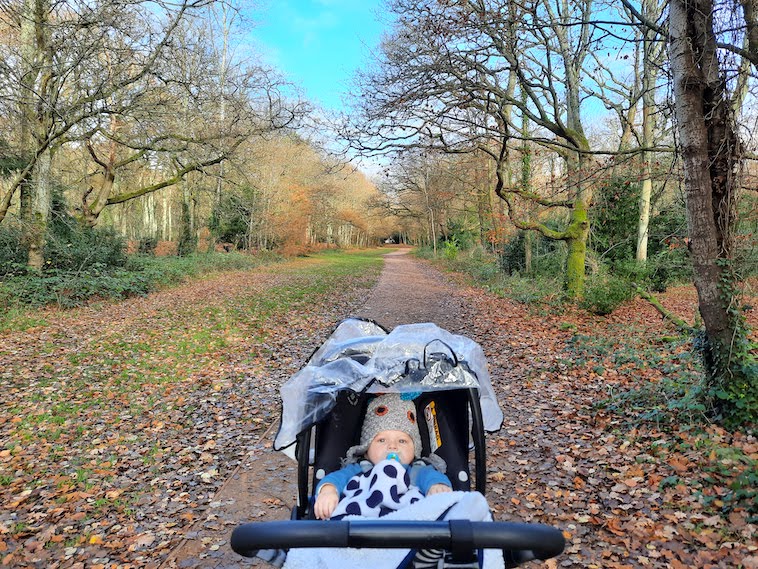10 tips for potty training at night
Last Updated on November 17, 2024
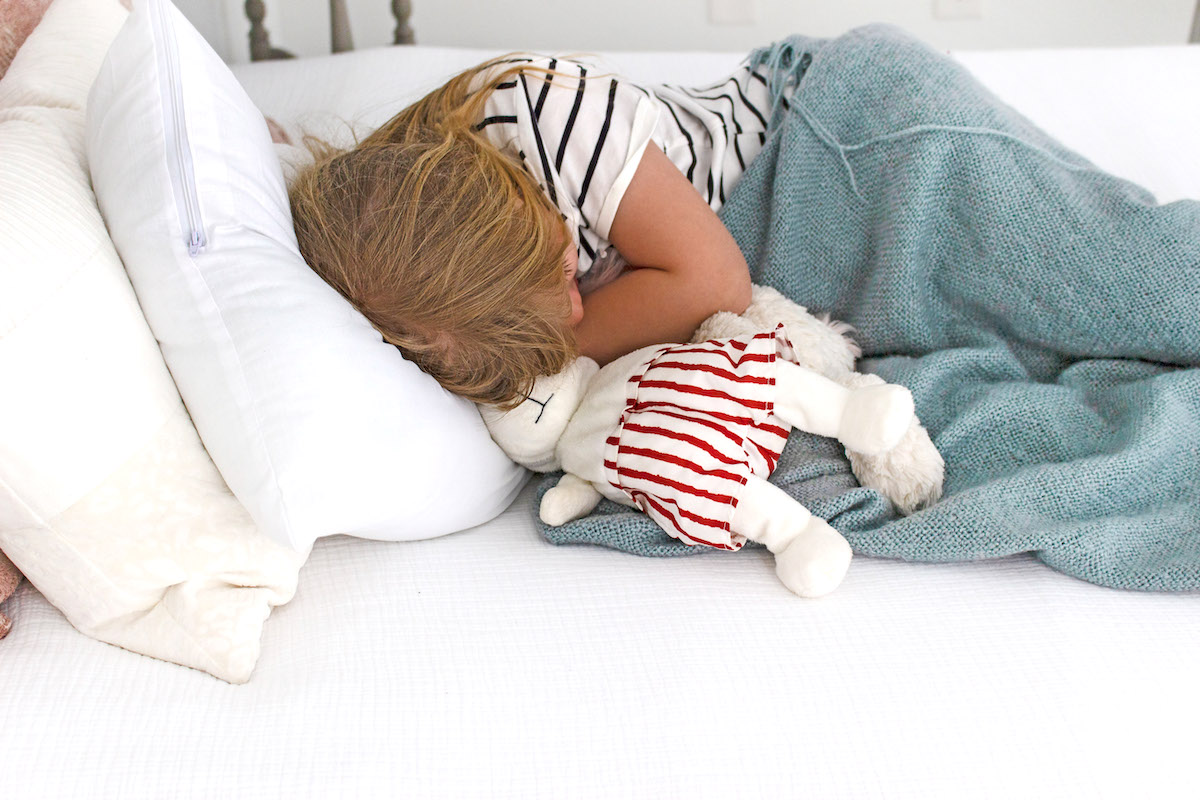
If you’ve reached the stage where your child is doing well with potty training during the day, you may be wondering when to start potty training at night.
If you are, here’s some overnight potty training tips to help you get started.
What age are children ready for potty training at night?
Potty training is more about developmental readiness than age, because all children will be ready to do it at different ages.
This means that just like there are signs a child is ready for potty training, and even signs a child isn’t ready for potty training, there are signs your child may be ready for overnight potty training that you can look out for.
Some of these signs include:
- Your child regularly uses the toilet during the day
- Your child stays dry for a few nights in a row
- Your child stays dry at nap time
- Your child doesn’t want to wear a nappy at night
- Your child has made the transition to a big kid bed, making getting out of bed independently to go to the toilet easy
What age do children stop wetting the bed?
At 6 years old children’s brains are mature enough to send them signals that they need to wake up to pee.
Before this age, and even on occasion afterwards, bedwetting can still happen, so don’t let occasional bed-wetting put you off starting nighttime potty training.
Tips for potty training at night
If you’ve decided that your child is ready to start overnight potty training, here are some tips to make the process run smoothly.
Potty train overnight in phases
A great way to start overnight potty training is to phase your child out of nappies or nappy pants, and into underpants slowly.
You can do this by taking your child out of nappies or nappy pants and putting them into underwear once they’ve woken up dry for a few nights in a row, or consistently for 1-2 weeks.
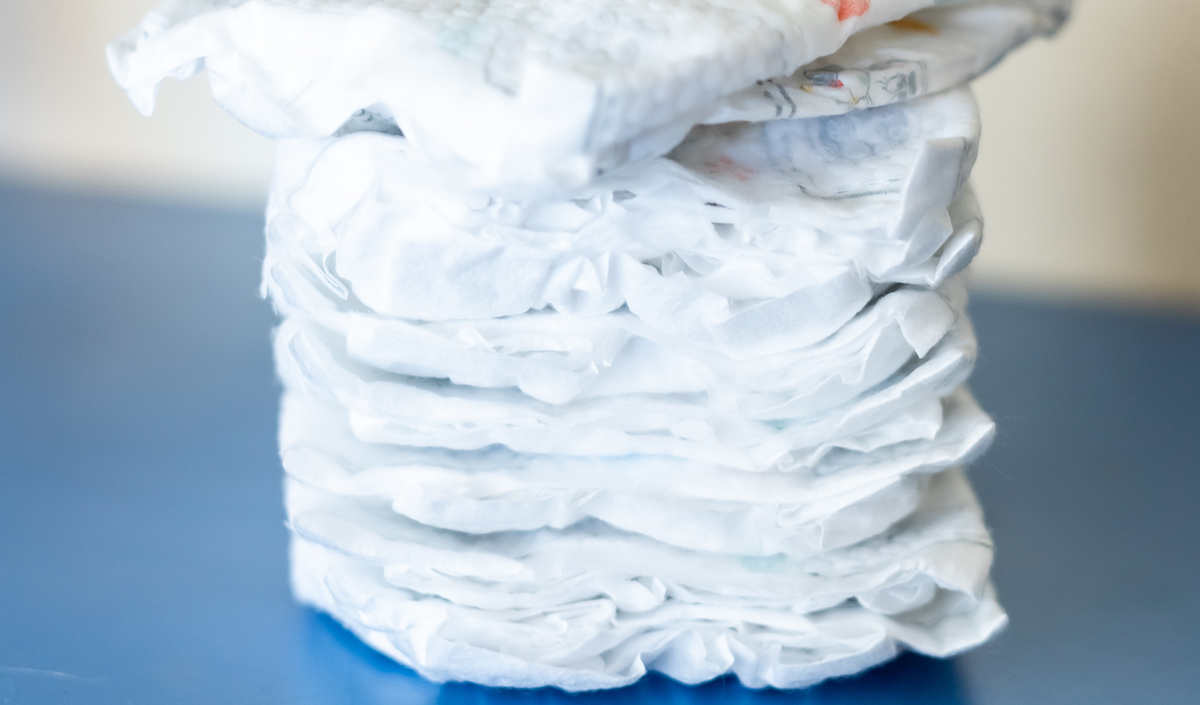
Support nighttime wake ups
Advice varies when it comes to waking your child at night to pee.
Some advice says to wake your child up while they’re asleep, and take them to the toilet to avoid them wetting the bed during the night.
Other advice suggests not waking your child in the night to pee, as they need to learn to wake themselves up, and take themselves to the toilet.
When it comes to waking your child, do what’s comfortable for you, but whatever you decide make sure your child understands that waking during the night to pee isn’t something that’s scary, and that they can come to you any time they need to during the night for help.
Ensure the toilet’s accessible
Making sure the toilet’s easily accessible will assist your child to use it during the night.
You can do this by:
- Leaving their bedroom door open
- Making sure the toilet door is open
- Lighting the path from their room to the bathroom
Make potty training part of your bedtime routine
Make using the toilet part of your child’s bedtime routine, which you can do by getting them to go to the toilet 30 minutes before their bedtime routine starts, or after your child brushes their teeth, as well as after they wake up.
Going to the toilet before bedtime empties their bladder, minimising the chances of nighttime bed-wetting.
Limit nighttime drinks
Try to limit drinks one hour before your child’s bedtime, especially avoiding juice or sugary drinks, as these types of drinks tend to add more water to a child’s bladder.
Limiting nighttime drinks isn’t always easy, especially if like my child, your child relies on a drink as part of their bedtime routine, so if this is the case reduce the amount of liquid they have bit by bit, until they’re having very little, or none at all.
Create a calm environment
Creating a calm bedtime environment not only helps your child fall asleep, but also reduces the stress levels often associated with bed wetting.
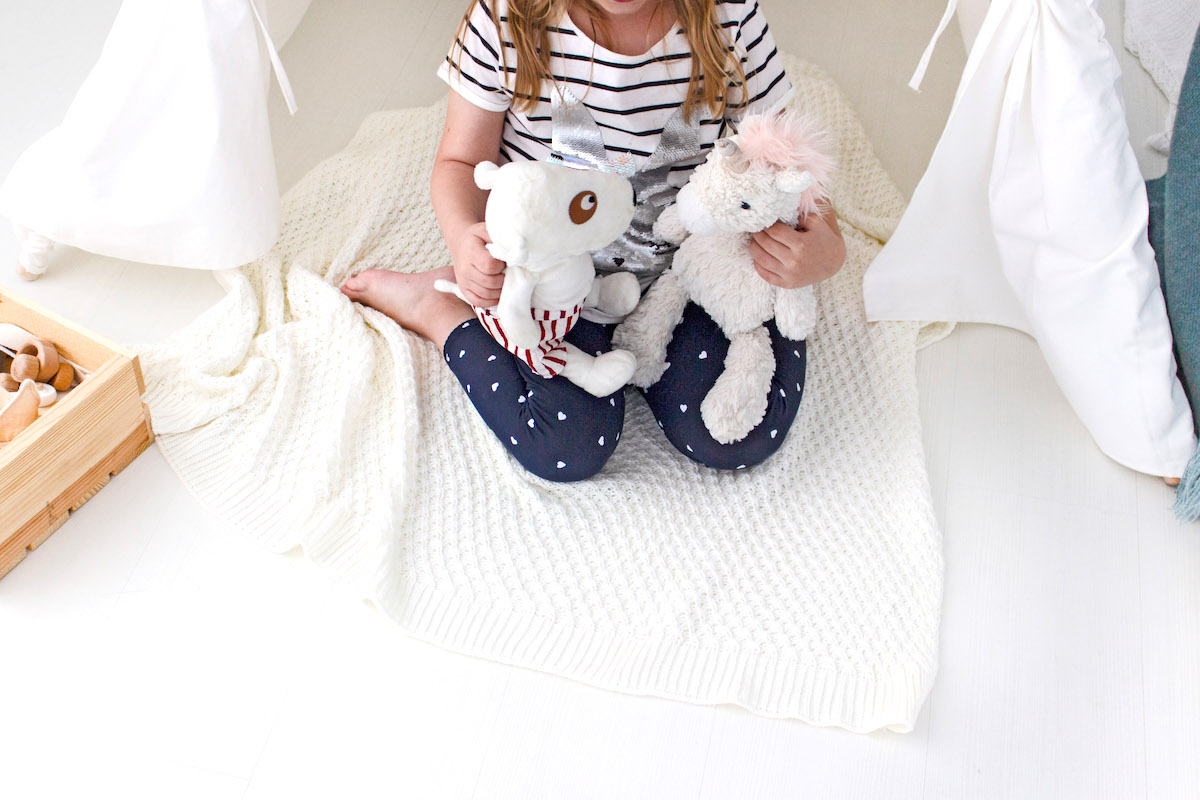
Offer encouragement
Your child has little to no control over wetting the bed, so if an accident does happen, offer your child encouragement instead of punishment by telling them that accidents happen, and if you, your partner, or their sibling has ever wet the bed tell them, so they don’t feel like they’re the only one.
Additionally, if your child wakes up dry, praise them so they feel encouraged about the process.
Be prepared for accidents
As it’s common for children to wet the bed while being potty trained at night, and even up to 1 year after potty training at night has happened, it’s best to be prepared for accidents.
Some of the ways you can be prepared are by:
- Using a mattress protector
- Putting a waterproof sheet underneath their bed sheet
- Having clean sheets, fresh underpants, and fresh pyjamas nearby
- Double layering sheets – having a waterproof protector, then a sheet, then another waterproof protector, then another sheet, so you can remove one set quickly if an accident happens
Be patient
Potty training at night takes time, and staying patient, positive, and creating a calm environment will help a lot.
Seek help if needed
If at any stage you have concerns about your child’s development, or if potty training overnight is something that’s worrying you, consider seeking advice from your health care professional.
Conclusion
Potty training at night is a big milestone for you and your child, and is something that will happen at different ages for different children.
If your child regularly uses the potty during the day, stays dry at night or during naps, doesn’t want to wear a nappy at night, or has moved to a big bed, overnight potty training is something that you may like to start.
If so, some tips for making potty training at night easier are to slowly move your child out of nappies and into underwear, make sure your child knows they can get help if they wake during the night, and making sure they can get to the toilet easily.
You can also get them to go to the toilet before bed, limit nighttime drinks, create a calm bedtime environment, and reassure them that it’s normal for accidents to happen.
If accidents do happen you can be prepared by using mattress protectors, and having fresh sheets, fresh clothing and fresh underwear nearby.
Overnight potty training is a process, staying calm and patient will help you and your child feel comfortable about this next stage of their development.
What stage are you at with potty training at night?


